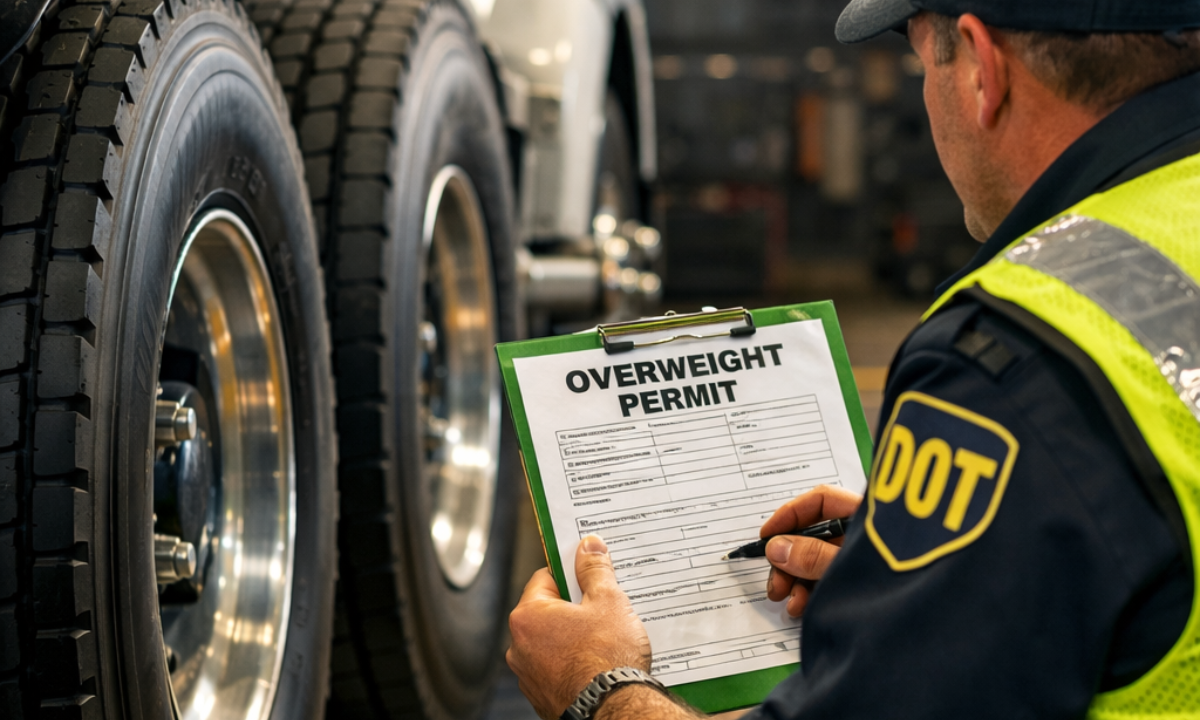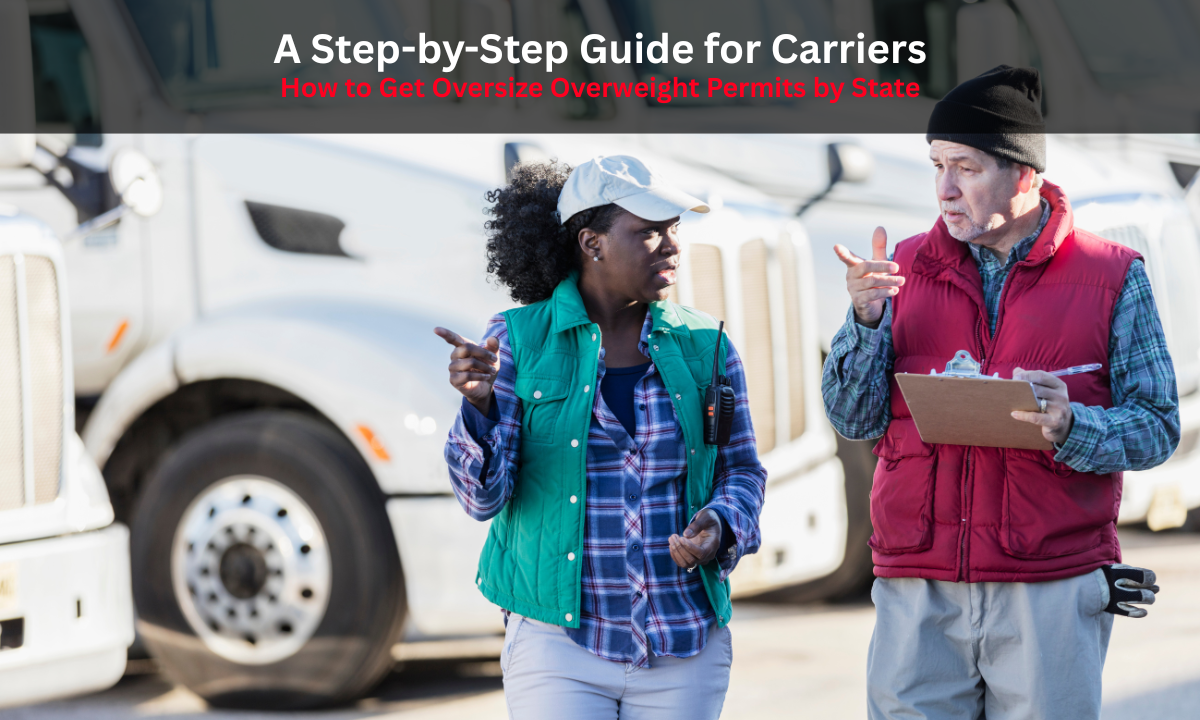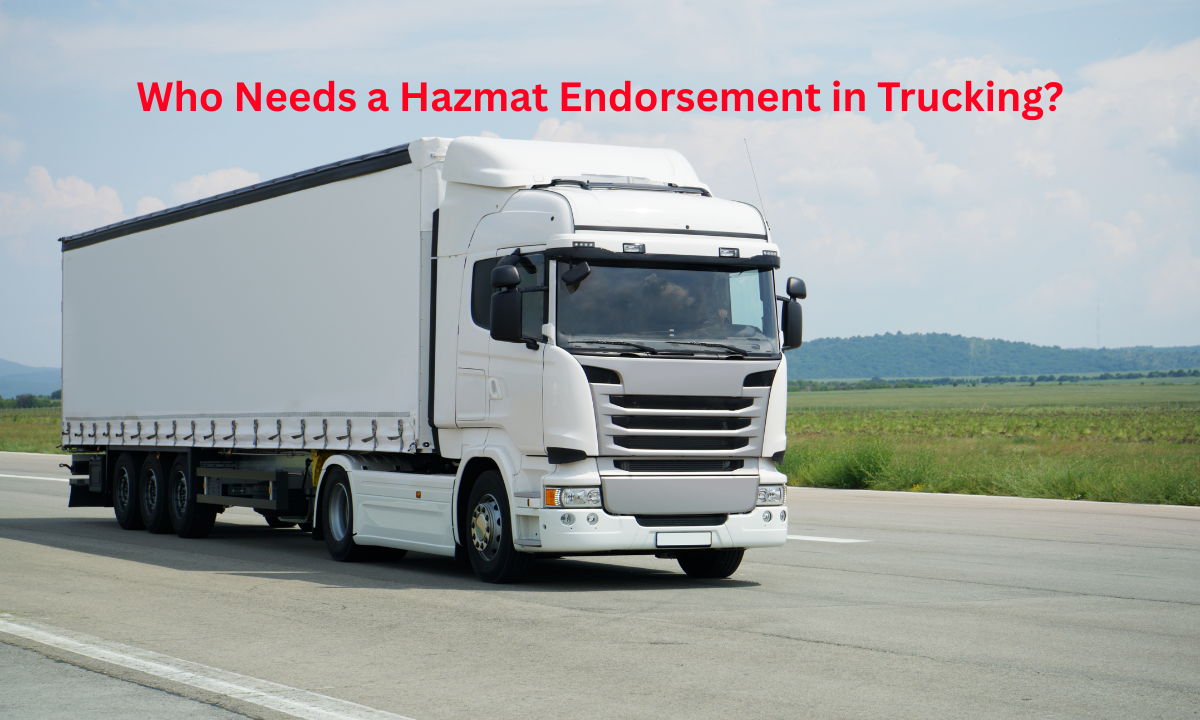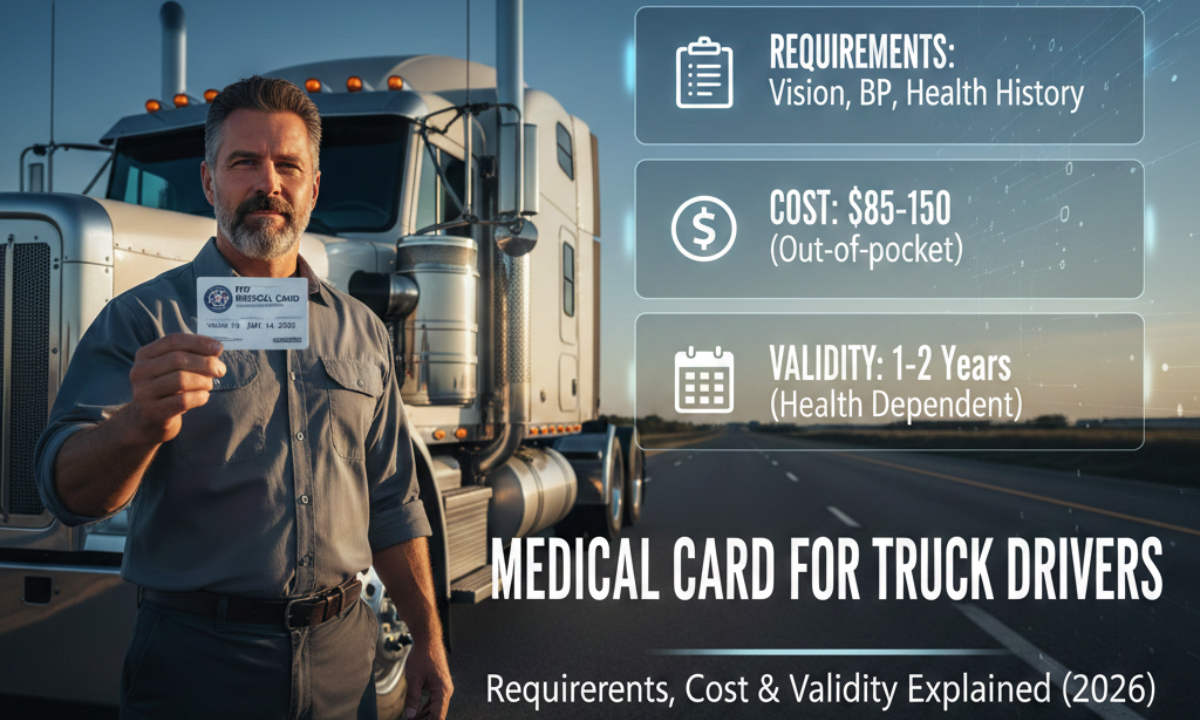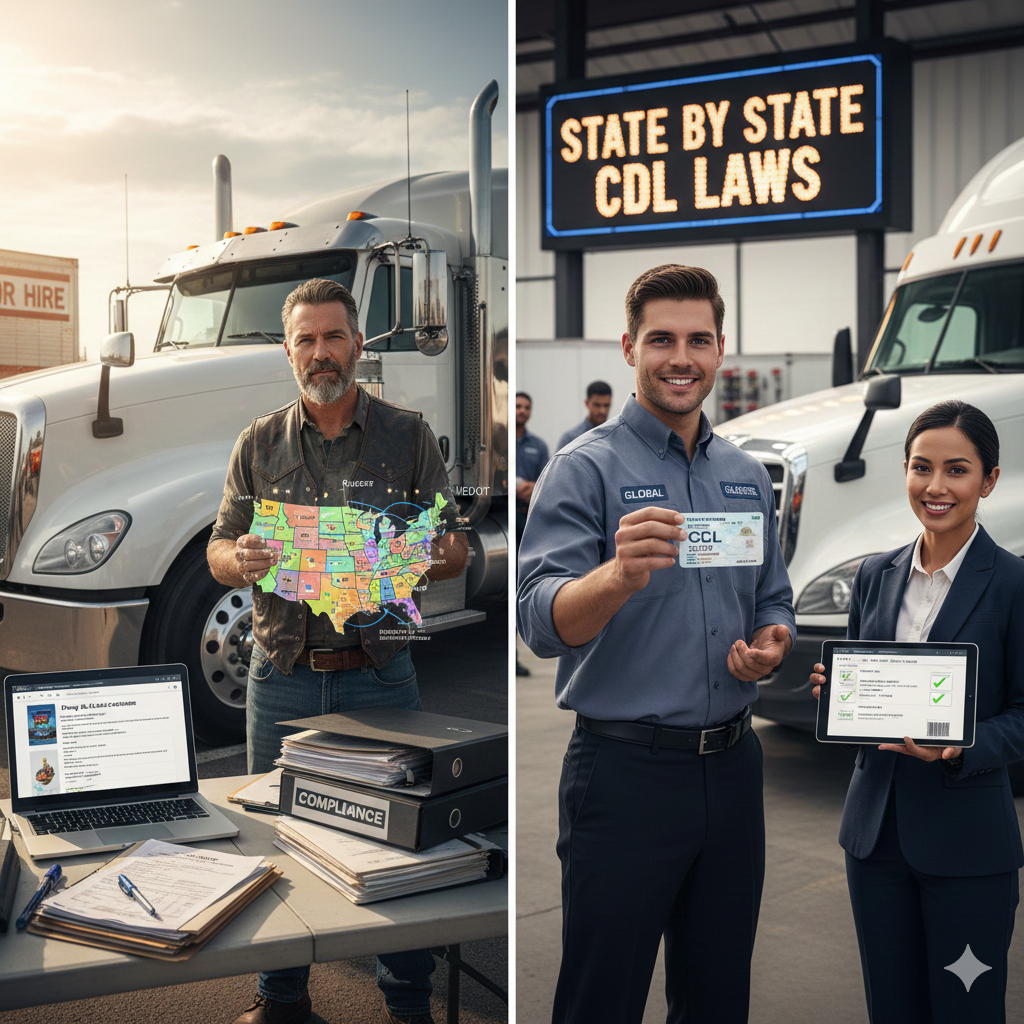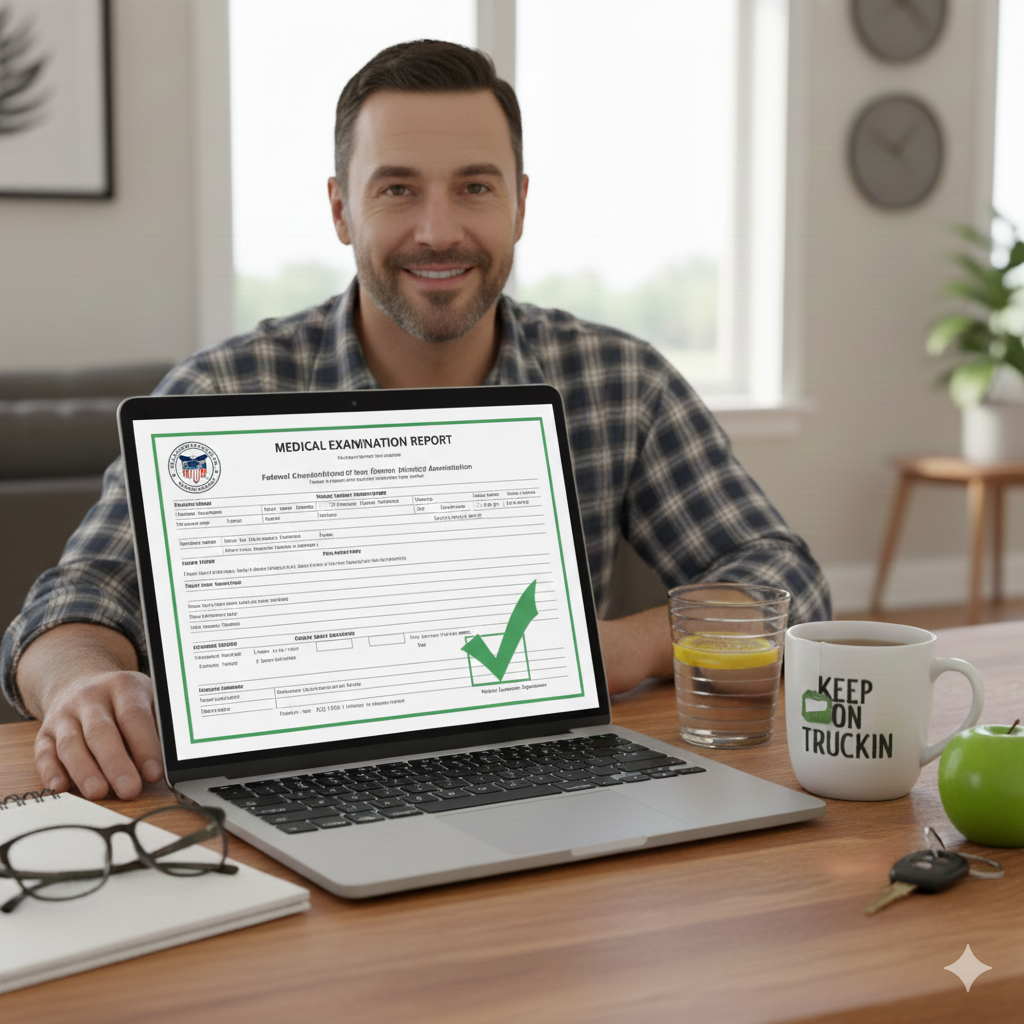Navigating State-Specific Trucking Laws Across the USA
Knowing state-specific trucking regulations is crucial for all commercial drivers and fleet owners. While federal regulations—such as those issued by the FMCSA—outline a basic framework, states have their own regulations when it comes to routing, weight restrictions, permits, and tax obligations. Knowing these distinctions not only maintains compliance, but also results in safer travel, prevents delays, and keeps your deliveries moving smoothly.
Why State-Specific Compliance Matters
Although interstate truckers fall under federal regulation, crossing state lines involves entering jurisdictions with their own expectation. A load that complies with axle weight restrictions in Texas might be over the limit in Michigan. Similarly, wide-load permit requirements might differ wildly from Florida to Oregon.
Recognizing these differences minimizes the risk of citations, weigh station delays, and undue operational expenses. It also enhances CSA scores and a carrier’s safety record.
Permitting and Size/Weight Restrictions
Every state has its own rules imposing:
- Axle weight distribution
- Bridge laws and gross vehicle weight ratings (GVWR)
- Oversize and overweight permit issuance
- Escort vehicle requirements
Most states provide online portals to apply for permits, but turnaround time, fees, and documentation are not standardized. Utilizing centralized systems such as Trip Permit services or integrated fleet compliance software will help manage the process in many jurisdictions.
State Fuel Tax and IFTA Filing Rules
The International Fuel Tax Agreement (IFTA) was created to make fuel tax reporting easier between states and provinces, but that does not imply the process is uniform in all places. Certain states continue to have their own deadlines, preferred reporting formats, or special filing needs.
Examples:
- A couple of states will need fuel use tax reports on other schedules.
- Submission sites or file types could be different.
- Penalties for late completion tend to be higher in some states.
To be ahead of the competition, one has to keep proper track of mileage by state and use ELD-connected tools to track fuel, as they will automatically and organize data. These tools not only reduce the chances of human error but even make submission on time easier, which means saving you stress, money, and possible fines.
State-Level Hours of Service Exceptions
Even though FMCSA HOS rules govern the entire U.S., some states permit short-haul exemptions or agricultural transport waivers that might not be federally recognized. Drivers who take advantage of these exceptions need to know where and how they can document them appropriately.
Key terms are:
- Intrastate HOS legislation
- Agricultural commodity exceptions
- Oilfield exceptions (popular in Texas, North Dakota)
Proper utilization of these exceptions involves knowledge of state codes as well as how they correlate with federal regulations.
Emissions Regulations and Environmental Zones
California has the toughest standard with the California Air Resources Board (CARB) program of compliance, but other states have matched it with their own environmental regulations:
- New York and Washington states impose idling restrictions
- Low-emission zone permits are required in some cities
- Compliance failure can mean tickets or refusal of entry
Making sure your truck has the right engine retrofit, emissions rating, or anti-idling technology is necessary for city deliveries.
Toll Roads, Route Restrictions, and Bridge Laws
States have their own tolling systems, which may differ considerably:
- EZ-Pass-compatible states (e.g., Pennsylvania, New Jersey, Illinois)
- State-run toll tags (e.g., TxTag in Texas, SunPass in Florida)
- Bridge height clearance restrictions implemented at the local level
Latest GPS routing software installed for commercial vehicles ensures that drivers do not take restricted roads or cross low-clearance bridges.
State Inspection and Safety Requirements
Vehicle inspection programs vary by state:
- Some mandate annual emissions testing
- Others require semiannual safety inspections
- Inspection standards and failure points might differ
Having active inspection schedules in place and keeping maintenance records on hand ensures smooth DOT audits and prevents roadside shutdowns.
Compliance Checklist for Multistate Operations
To remain compliant state-to-state:
- Utilize IFTA-qualified tracking devices for mileage and fuel logs
- Keep abreast of state-level permit requirements
- Utilize commercial routing software with bridge and road restrictions
- Keep transparent ELD and HOS logs, particularly for short-haul exceptions
- Monitor state environmental and emissions policies on a regular basis
Final Thoughts
The United States trucking industry is multi-faceted, and although federal regulations provide the foundation, state regulations can alter how freight travels across America. Through information and utilizing technology to handle multi-jurisdictional compliance, carriers and drivers can minimize risk, streamline delivery schedules, and ensure high-level safety and performance standards.



